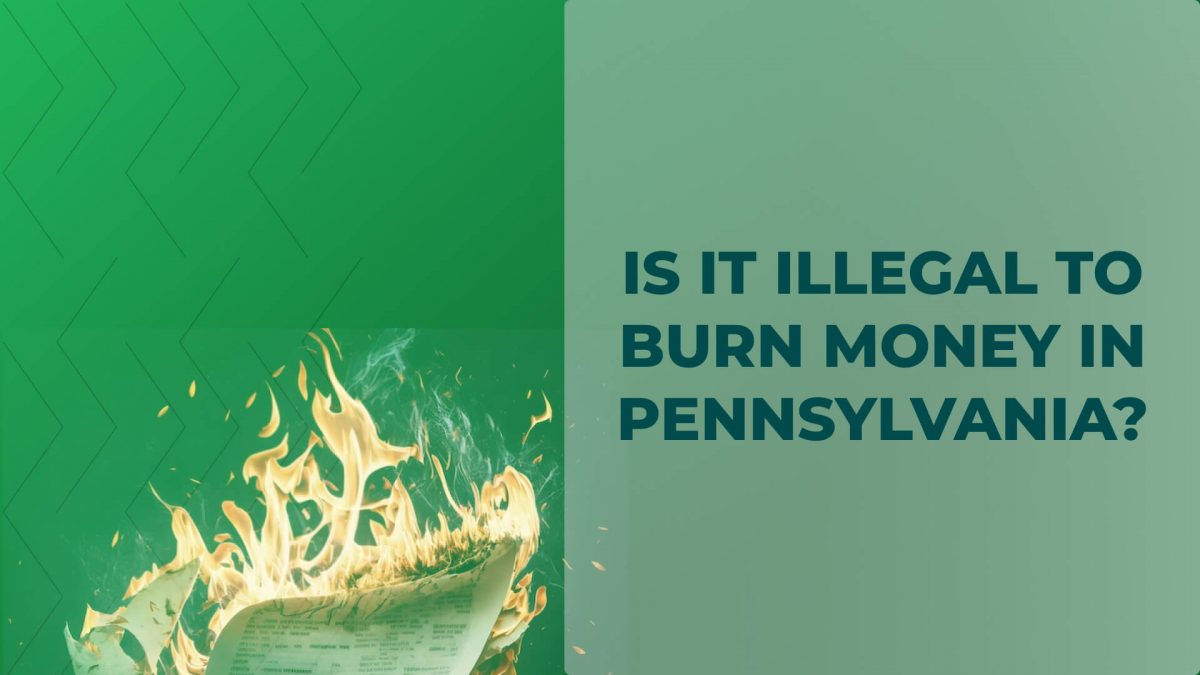Money, more than just paper and coins, often represents values, trust, and power dynamics in relationships. Thus, when broaching the subject—especially with someone we hold dear—it becomes more than just a financial conversation. It’s a dance of emotions, aspirations, vulnerabilities, and dreams. The gravity of such a topic necessitates that we approach it with the utmost sensitivity. Imagine asking without consideration; it can strain ties, create misunderstandings, or even breed resentment.
On the other hand, clear communication acts as our compass. It’s not merely about articulating our needs, but also ensuring that our message is understood as intended. It’s about reducing ambiguities, setting the stage for a transparent dialogue, and paving the way for mutual respect. By merging sensitivity with clarity, we don’t just seek financial assistance; we uphold the sanctity of our relationships.
Understand Your Motives
Navigating the financial landscape requires a roadmap, and in this context, your motives serve as your guiding star. Are you grappling with an unexpected personal crisis that has thrown your finances into disarray? Or perhaps you’ve stumbled upon a business opportunity that promises growth but demands an immediate investment? Then there are those unpredictable emergencies that catch us off guard, demanding immediate fiscal attention. Identifying and clarifying the reason behind your monetary request is the first pivotal step.
However, it’s not just about knowing why you need the money; it’s about relaying that reason with genuineness. People have an innate ability to detect insincerity, and when it comes to money, the stakes are high. Being genuine isn’t just about honesty—it’s about vulnerability. It’s about sharing your true circumstances and aspirations, allowing the other person to see and understand your position fully. This sincerity can make all the difference, turning a potentially awkward conversation into a moment of bonding and mutual trust.
Choose the Right Time and Setting
The ambiance of a conversation often dictates its tone. Picture discussing a serious matter amidst a noisy crowd or during a rushed moment. Not ideal, right? When the conversation is as delicate as asking for financial assistance, the environment plays a pivotal role. It sets the emotional backdrop, influencing not only how the message is conveyed but also how it is received.
A serene setting, free from the cacophony of everyday life, provides a conducive atmosphere for such discussions. It allows both parties to focus, ensuring the gravity of the conversation is acknowledged and felt. Distractions can inadvertently lead to misunderstandings or make it seem as though the matter isn’t of utmost importance to you.
Privacy is equally critical. Financial matters are personal, and not everyone is comfortable discussing them openly. A private setting ensures the conversation remains intimate, safeguarding any sensitive details shared and upholding the trust between both individuals. In essence, by meticulously choosing the right time and place, you’re laying a solid foundation for a respectful, understanding, and constructive dialogue.
Communicate Clearly and Respectfully
In any relationship, communication stands as the bridge between misunderstandings and clarity, between assumptions and facts. When diving into a topic as sensitive as finances, the quality of this bridge becomes even more paramount. But how does one tread this bridge with finesse?
Firstly, be direct in your approach. While it might seem tempting to skirt around the subject or use euphemisms, these often muddy the waters. Clearly state your needs, the reasons behind them, and the outcomes you’re hoping for. This transparency reduces room for misinterpretation and showcases your respect for the other person’s time and understanding.
However, clear communication isn’t just about speaking; it’s also about listening. When we open a dialogue, especially one of this magnitude, it’s a two-way street. Giving the other person room to voice their thoughts, concerns, or questions is vital. It demonstrates that you value their perspective, fostering a mutual respect that is essential for such conversations.
Lastly, always remember to convey gratitude and appreciation. Even if the response isn’t what you hoped for, acknowledging the effort and time the other person took to consider your request can maintain the integrity and warmth of your relationship. In the grand scheme, it’s not just about the money—it’s about preserving trust and respect.
Be Prepared for Different Responses
Money is an intricate web of emotions, personal experiences, and values. When you venture into asking for it, remember you’re not merely requesting a monetary amount, but navigating someone’s financial journey and emotions. Hence, the array of responses can be as varied as people’s unique experiences with money.
- Affirmative Response: The ideal outcome. If met with a “yes,” express genuine gratitude. But remember, this is the beginning, not the end. Discuss terms, repayment schedules if any, and other specifics. This proactive approach displays responsibility and a commitment to honoring the agreement.
- Negative Response: Disappointing but possible. A refusal isn’t always about your request but might be tied to their current financial position or past experiences. Avoid taking it personally. Express understanding and thank them for considering. Remember, a relationship is broader than one request, and showing grace in the face of rejection safeguards the bond.
- Uncertainty: Often, a person might need time to contemplate. This is a critical phase. Provide them with the space they need, ensuring they don’t feel rushed or pressured. They might have questions or want further clarifications. Be open and available for further discussions.
- Conditional Responses: Sometimes, you might receive a “yes, but…” This could entail conditions or caveats, such as a repayment plan, interest, or other stipulations. Listen carefully, assess if the terms are feasible for you, and proceed with transparency.
Set Clear Terms and Boundaries
Navigating the terrain of financial discussions demands more than just a request; it requires establishing a clear framework. By setting transparent terms and boundaries, you not only respect the other person’s generosity but also fortify the relationship against potential misunderstandings.
- Defining Purpose: Reiterate the reason for your request. Whether it’s for a medical emergency, business opportunity, or personal need, clearly state the purpose. This transparency provides context and can foster trust.
- Repayment Plan: If you intend to repay the amount, discuss the specifics. This includes the repayment timeline, installment frequency, and if applicable, any interest. A structured plan showcases your commitment to honoring the agreement.
- Written Agreement: While it might seem formal, especially if the other party is a close acquaintance or family member, a written document outlining the terms can be invaluable. It serves as a reference point, minimizing potential disputes in the future.
- Flexibility and Open Dialogue: Life is unpredictable. If, down the line, you face difficulties adhering to the agreed terms, maintain an open line of communication. Discuss challenges early on rather than waiting for them to escalate. This proactive approach underscores your dedication to the agreement.
- Emotional Boundaries: Financial transactions can sometimes blur emotional lines. Make it clear that while you’re grateful for the assistance, this financial interaction shouldn’t alter the dynamics of the relationship. Mutual respect is paramount.
- Closure: Once all terms are fulfilled, whether it’s a repayment or a simple acknowledgment, ensure a proper closure to the transaction. This could be a thank-you note, a gesture of gratitude, or a formal acknowledgment that the terms were met.
In an era where digital communication reigns supreme, sometimes the most challenging conversations take place behind screens. Asking for financial help via text message requires a delicate balance of brevity and sincerity. Here’s a concise guide:
How to Ask for Money via Text Message
- Start with a Greeting: Begin the message warmly, setting a friendly tone.
Example: “Hey [Name], hope you’re doing well.”
State the Purpose Clearly: Be transparent about why you’re reaching out.
Example: “I’m in a bit of a tight spot this month due to [brief reason, e.g., unexpected medical bills].”
- Make the Request: Be direct but polite in your ask.
Example: “I was wondering if I could borrow [specific amount] to help cover the costs.”
Provide Assurance: If you intend to pay back, specify this.
- Example: “I’ll be able to pay you back by [specific date or timeline].”
Express Gratitude: Regardless of their response, show appreciation for their consideration.
Example: “I understand if it’s not possible, and I really appreciate you considering.”
- Offer Additional Discussion: Give them an option to discuss further if needed.
Example: “If you have any questions or need more details, I’m here to chat.”
Conclusion
Navigating the delicate terrains of financial discussions, whether face-to-face or digitally, demands a blend of clarity, sincerity, and respect. While the circumstances and mediums may vary, the principles remain consistent: genuine communication and mutual understanding. Every request, every conversation is more than just about monetary needs; it’s a testament to trust and the strength of relationships. In ensuring we approach these dialogues with the utmost sensitivity and forethought, we not only aim for financial assistance but also safeguard the invaluable bonds we cherish. Remember, it’s not just the words we choose, but the intent and authenticity behind them, that truly resonate.









